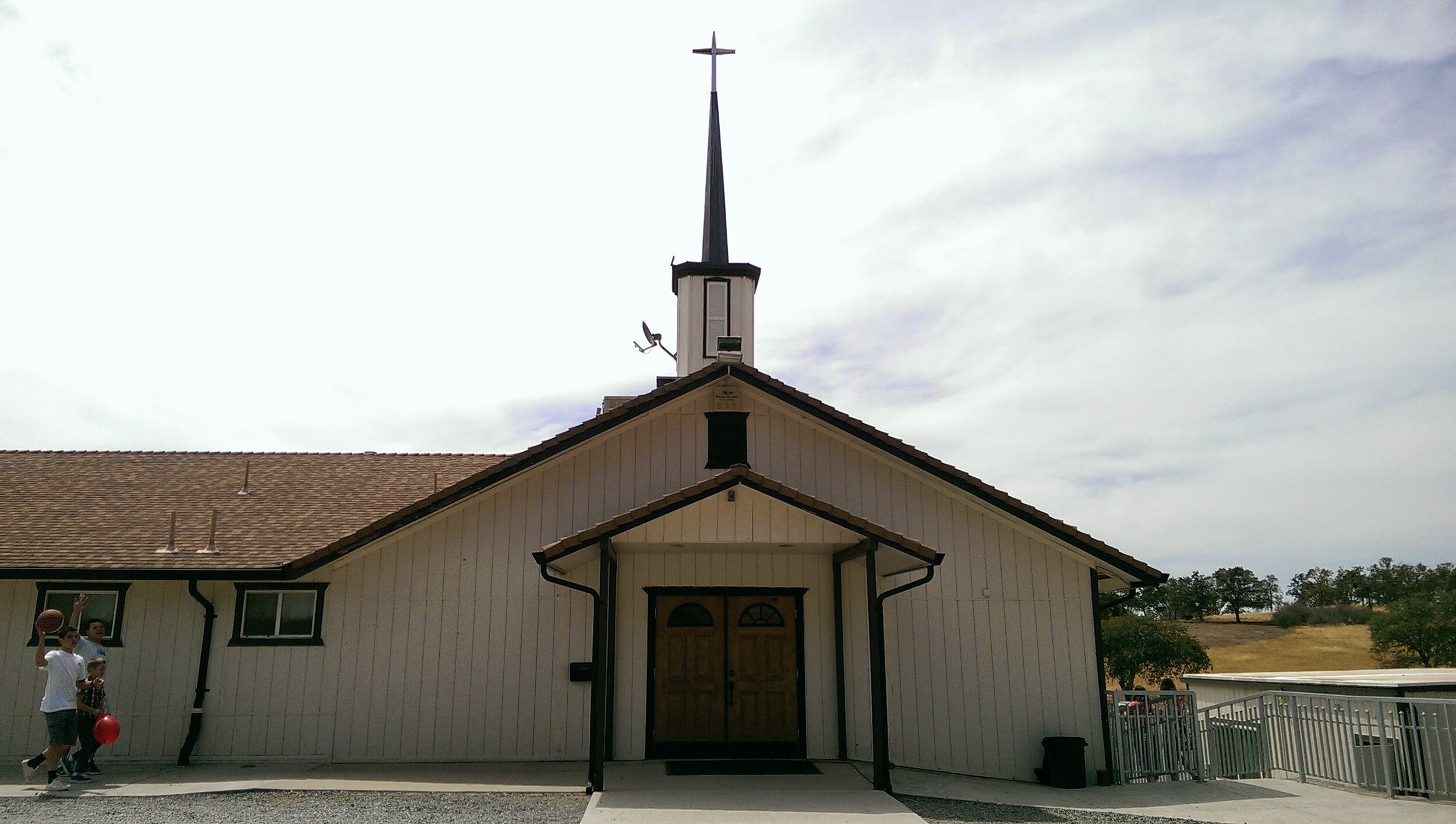How Thanksgiving Describes UsJesus, in a parable, tells of two men who went to the temple to pray. “God, I thank you that I am not like other men--robbers, evildoers, adulterers--or even like this tax collector. I fast twice a week and give a tenth of all I get” (Luke 18:11-12 NIV), was the prayer of one of them, a Pharisee. Now in my book, and in God’s book, not being a robber, evildoer, or an adulterer is a good thing, and having some spiritual habits like fasting and giving 10% of your income is nothing to sneeze at either. But he clearly didn’t like tax collectors who in Jesus’ day were considered as having no spiritual, moral, or political fiber. He thought the wrong he didn’t do and the good he did was what described him, but it was his comparison to the tax collector praying next to him that revealed the truth about him. That was no real giving of thanks, that was claiming righteousness by comparing himself to someone else. That was a self-declaration of being good at the cost of declaring someone bad. That was a prayer that fell flat, regardless of having prayed in the Temple (church). It didn’t lift off the ground anymore than the smoke of Cain’s sacrifice. He should have stopped while he was ahead, but didn’t just like we usually don’t, and even if he had guarded his mouth he still would have thunk it in his heart, “Thank you God I am not like those weirdoes, these whackos, that Muslim, them homosexuals, this gangbanger, or …”For ten very sick men this was a great day. They had asked Jesus to heal them of their leprosy (think crippling, infectious decease that slowly kills you while rendering you a social outcast). Christ heard their cries for mercy and told them to go to show themselves to the priests (think local health officials). While they were on their way the leprosy vanished from their bodies, they were healed, but “One of them, when he saw he was healed, came back, praising God in a loud voice. He threw himself at Jesus' feet and thanked him--and he was a Samaritan” (Luke 17:15-16 NIV). The other nine never looked back. However, all ten of them were described by their thankfulness to God or lack thereof. I imagine all ten were crazy glad, all ten happy out of their minds, all ten could not wipe the smiles of their faces, but only one returned to give honor, to shout praise, and offer thanks to whom it was due, to God, to Christ.How much in our lives is due to no merit or effort of our own? How much good has happened to us solely because of the mercy and grace of God? Did that Pharisee have anything to with the fact that he was born into a God-fearing family? Did he learn that fasting and tithing habit on his own or did someone teach him? Were all the “lucky” breaks in his life just random coincidences? How did those nine lepers, who should have known better, completely forget to give thanks to God on the greatest day of their lives? How did God, in the midst of undeserved and incredible blessing, become an afterthought or a no-thought, when he should have been the main thought?That sinful, humble tax-gatherer so disliked by the Pharisee had his prayer answered, he went away “justified,” forgiven Luke 18:13-14). That Samaritan who turned back to praise and thank God was told he was “well,” based on his thanksgiving to and worship of God/Christ. What does your thanksgiving say about you?To God be all glory. Love you, Pastor Hans
Der German shepherd
Pastor's Notes from a Country Preacher
×
Keywords
- Advent/Christmas
- America
- Bible
- Blessings
- Change
- Choices/Decisions
- Christianity
- Church
- Cross
- Easter
- Faith
- Fatherhood
- Forgiveness
- Freedom
- Giving/Generosity
- Godliness
- Gratefulness
- Grief
- Habits
- Holiness
- Hope
- Jesus
- Joy/Happiness
- Judgement
- Justice
- Kindness
- Love
- Neighbor
- New Year
- Parenting
- Patience
- Peace
- Politics/Election
- Prayer
- Racism
- Resilience
- Salvation
- Sanctification
- Servanthood
- Sin
- Spiritual Growth/Health
- Suffering
- Testimony
- Thanksgiving
- Tithe
- Transformation
- Transparency
- Wisdom
- Witness
